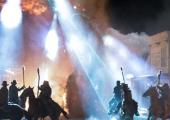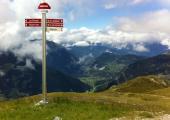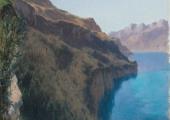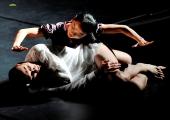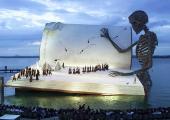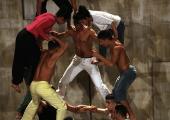Uchida, Lucerne Festival Orchestra, Abbado, Royal Festival Hall
High-risk Bruckner Five pulled off by the Italian legend
We're living through a golden age of Bruckner conducting. A revolutionary age. Young sparks like Yannick Nézet-Séguin and Ilan Volkov are doing extraordinary things with the Austrian's music, experimenting with speeds and phrasing, reshaping him in a more extraterrestrial, more lithe and modern mould. All of which means that trying to get yourself noticed conducting Bruckner in the 2010s is a bit like trying to get yourself noticed as a footballer in 1970s Brazil. Good luck.


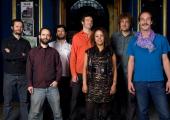
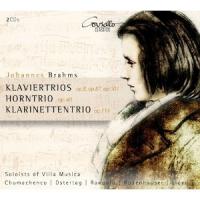 Brahms Piano Trios, Horn Trio, Clarinet Trio Soloists of Villa Musica (Covellio Classics)
Brahms Piano Trios, Horn Trio, Clarinet Trio Soloists of Villa Musica (Covellio Classics)